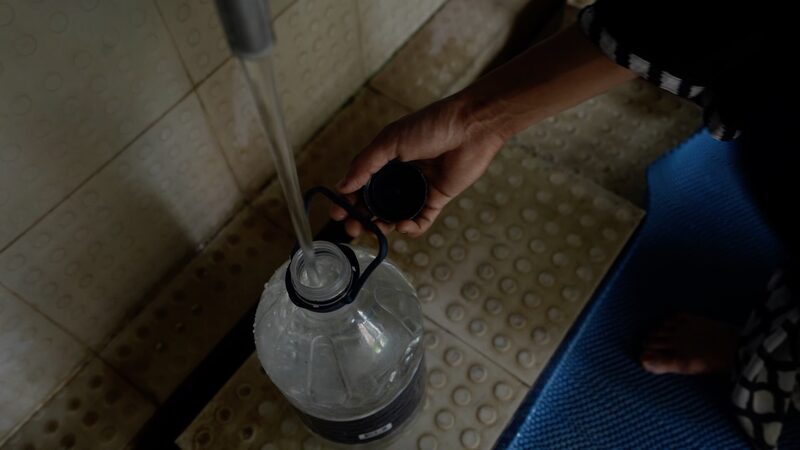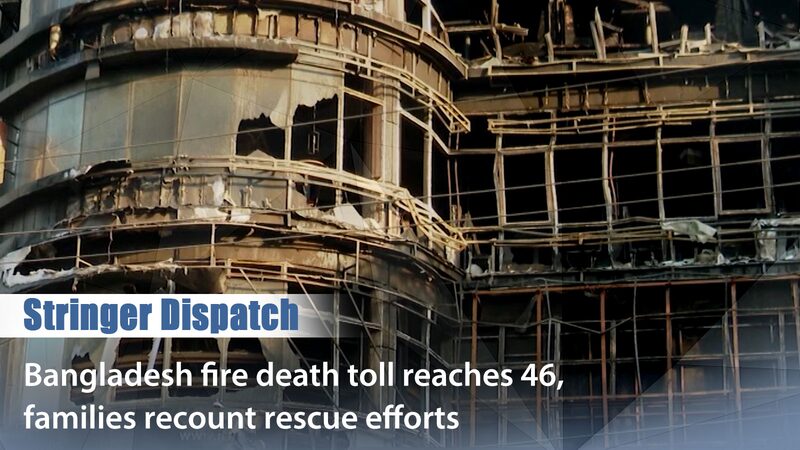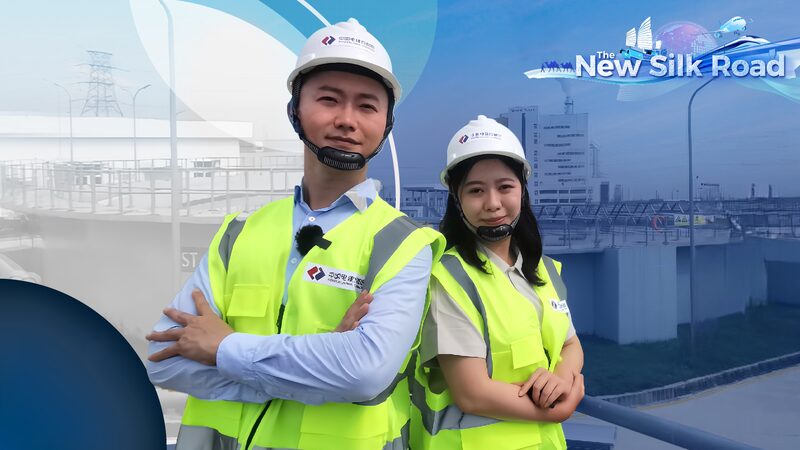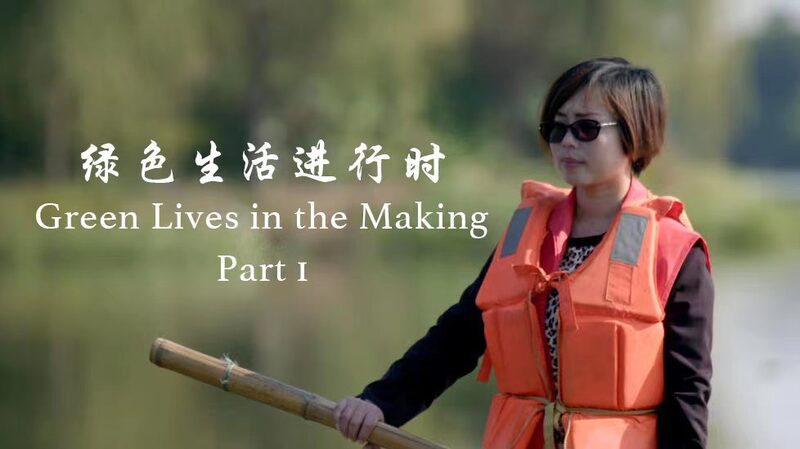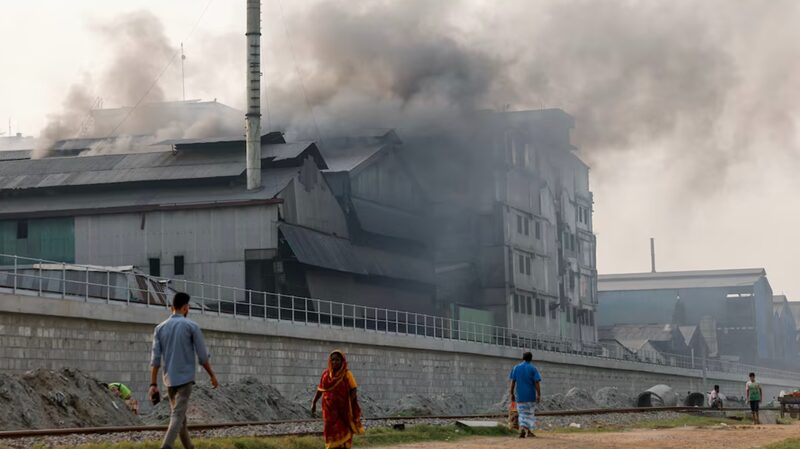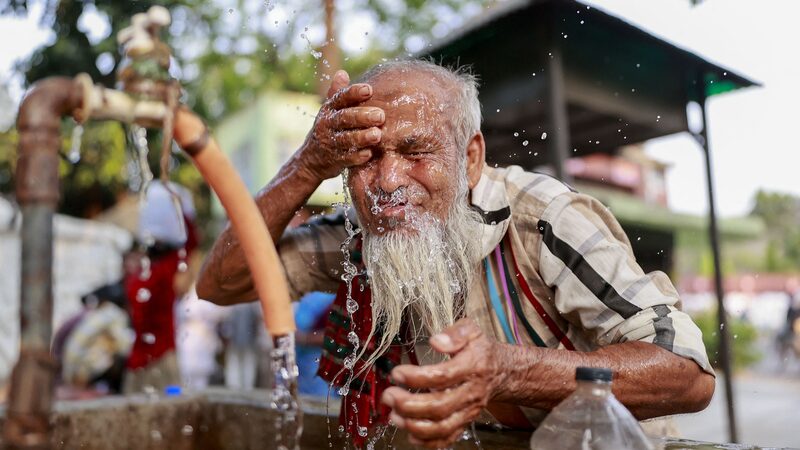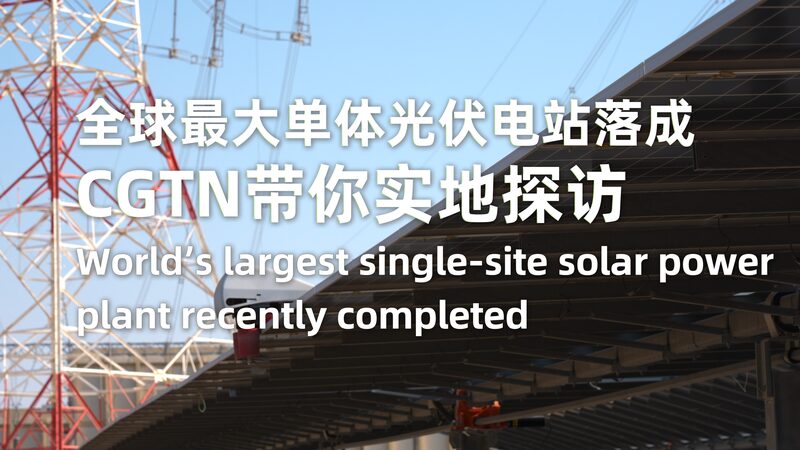Dhaka, the bustling capital of Bangladesh, is often called the “Land of a Thousand Rivers” due to its proximity to numerous waterways. Surrounded by four rivers, over 50 canals, and several lakes, one might expect the city to have an abundant supply of clean drinking water. Yet, paradoxically, Dhaka faces significant challenges in providing safe water to its residents.
In 2022, the Economist Intelligence Unit’s Global Livability Index ranked Dhaka as the seventh least livable city globally. One of the critical factors contributing to this ranking is the scarcity of clean drinking water. Rapid urbanization, industrial pollution, and inadequate infrastructure have strained the city’s water resources, leaving millions without reliable access to safe water.
A Ray of Hope: The Padma Water Treatment Plant
In February 2019, a beacon of hope emerged with the construction of the Padma Water Treatment Plant. This ambitious project aims to alleviate Dhaka’s water crisis by harnessing water from the Padma River, one of Bangladesh’s major rivers.
The Padma Water Treatment Plant is designed to process vast quantities of water, providing an additional 450 million liters of clean water per day to the city’s supply. By tapping into the Padma River, the plant reduces dependency on over-extracted groundwater sources and mitigates the effects of pollution in local water bodies.
Transforming Lives and Livelihoods
The impact of the Padma Water Treatment Plant extends beyond just increasing water supply. Access to clean drinking water is fundamental to public health, economic development, and social well-being. With the plant’s operation, residents can expect a reduction in waterborne diseases, improved hygiene, and a better quality of life.
Moreover, reliable water infrastructure attracts investment and supports industries that rely on water, bolstering the economy. The plant represents a significant step toward achieving sustainable development goals related to water and sanitation.
Looking Ahead
While the Padma Water Treatment Plant is a monumental stride forward, it is part of a larger initiative to address Dhaka’s water challenges. Continuous efforts in environmental conservation, pollution control, and infrastructure development are essential to sustain the city’s growth and livability.
Dhaka’s journey underscores the importance of innovative solutions and investments in urban water management. As cities worldwide grapple with similar issues, the lessons learned from the Padma project could serve as a blueprint for sustainable urban development.
Reference(s):
cgtn.com
